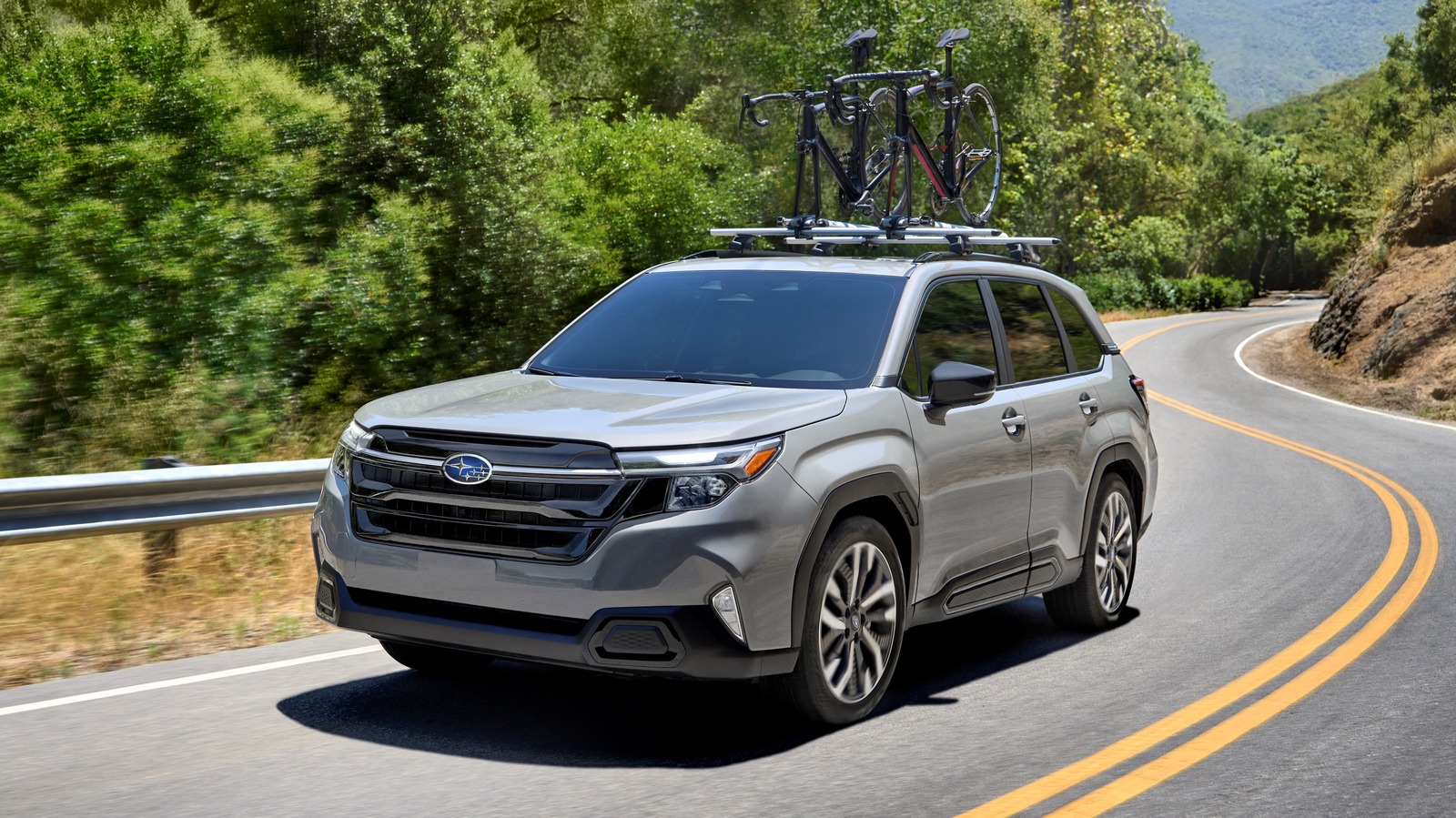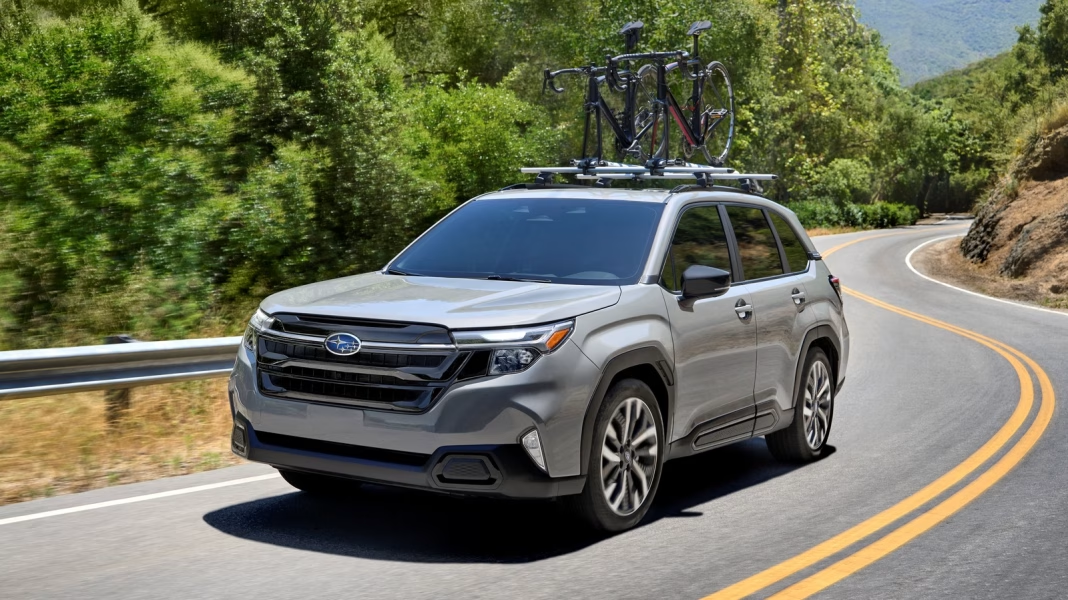Are Subarus Actually Reliable? What Consumer Reports Data Reveals
If you’ve ever chatted with a Subaru owner, you’ve probably heard a story or two. Some folks swear by their Outbacks and Foresters, raving about snowy adventures and years of trouble-free driving. Others? Not so much—complaints about oil leaks or head gasket issues sometimes pop up. So, what’s the real story? Let’s dig into what Consumer Reports and recent owner surveys actually say about Subaru reliability.
Why Do Subaru Owners Have Such Different Experiences?
It’s not just your imagination—Subaru’s reputation is a bit of a mixed bag. On one hand, you’ve got a fiercely loyal fanbase. On the other, there are those persistent tales of mechanical headaches. According to Consumer Reports’ latest reliability rankings, Subaru as a brand lands comfortably above average, but not at the very top. For 2024, Subaru ranked in the top third of all automakers for predicted reliability, outpacing many mainstream brands like Ford and Chevrolet.
So why the split opinions? Part of it comes down to which model and year you’re looking at. For example, the Subaru Crosstrek and Forester have consistently scored high marks for reliability over the past five years. Meanwhile, older Outbacks and Legacys—especially those from the late 2000s and early 2010s—were notorious for engine and transmission issues. Subaru has since addressed many of these problems, but the stories linger.
What Are the Most Common Subaru Reliability Issues?
Let’s get specific. The most frequently reported problems in Subarus, according to Consumer Reports and owner forums, include excessive oil consumption, head gasket failures (especially in older models), and occasional CVT (continuously variable transmission) glitches. The infamous head gasket issue was most prevalent in models built between 1999 and 2011. Subaru responded with improved engine designs starting in 2012, and complaints have dropped off significantly since then.
Oil consumption is another hot topic. Some owners of 2013-2015 models, particularly with the 2.0-liter and 2.5-liter engines, noticed they were topping off oil more often than expected. Subaru extended warranties and updated engine components to address this, but it’s still something to watch for if you’re shopping used.
Are Newer Subarus More Reliable Than Older Ones?
Short answer: yes, by a noticeable margin. Consumer Reports’ 2024 data shows that recent Subaru models—especially the Crosstrek, Forester, and Outback—score well above average for predicted reliability. The brand’s focus on quality control and updated engine designs has paid off. For instance, the 2023 Subaru Crosstrek earned a reliability score of 85 out of 100, putting it ahead of rivals like the Toyota RAV4 and Honda CR-V in some categories.
That said, no car is bulletproof. Even the latest Subarus can have minor issues, like infotainment glitches or premature brake wear. But compared to the horror stories of the past, today’s Subarus are far less likely to leave you stranded on the side of the road.
How Does Subaru Stack Up Against Other Brands?
When you line up Subaru against the competition, the picture gets clearer. According to J.D. Power’s 2023 Vehicle Dependability Study, Subaru ranked above the industry average, beating out brands like Volkswagen, Nissan, and Jeep. However, it still trails perennial reliability champs like Toyota, Lexus, and Mazda.
One area where Subaru consistently shines is in owner satisfaction. Despite the occasional hiccup, Subaru drivers report high levels of confidence in their vehicles’ safety, all-weather capability, and resale value. It’s not just about reliability—it’s about trust. That’s why Subaru has one of the highest rates of repeat buyers in the industry.
What Should You Look Out for When Buying a Used Subaru?
If you’re eyeing a pre-owned Subaru, a little homework goes a long way. Stick to models from 2012 onward to avoid the worst of the head gasket and oil consumption issues. Ask for service records, especially proof of regular oil changes and any major engine work. Pay close attention to the CVT transmission—take a long test drive and listen for any odd noises or hesitation.
It’s also smart to check for recalls. Subaru has issued several over the years, mostly for minor issues, but it’s always better to be safe than sorry. And don’t forget: a pre-purchase inspection by a trusted mechanic is worth every penny.
Why Do So Many Subaru Owners Stay Loyal?
There’s something about the Subaru experience that keeps people coming back. Maybe it’s the standard all-wheel drive, the outdoorsy vibe, or the sense of community among owners. Or maybe it’s just the peace of mind that comes from driving a car that’s built to handle whatever life (or the weather) throws at you.
According to a 2023 survey by Consumer Reports, Subaru ranks among the top five brands for owner loyalty. That’s not just about reliability—it’s about the whole package. Safety, comfort, and a dash of adventure.
The Big Takeaway? Subaru Reliability Isn’t About Perfection—It’s About Smarter Adjustments
No car is flawless, and Subaru is no exception. But if you’re looking for a vehicle that balances reliability, safety, and all-weather capability, Subaru is a strong contender—especially if you stick to newer models and keep up with regular maintenance. Start with one change this week—maybe it’s researching your next model or scheduling that overdue oil change—and you’ll likely spot the difference by month’s end.


